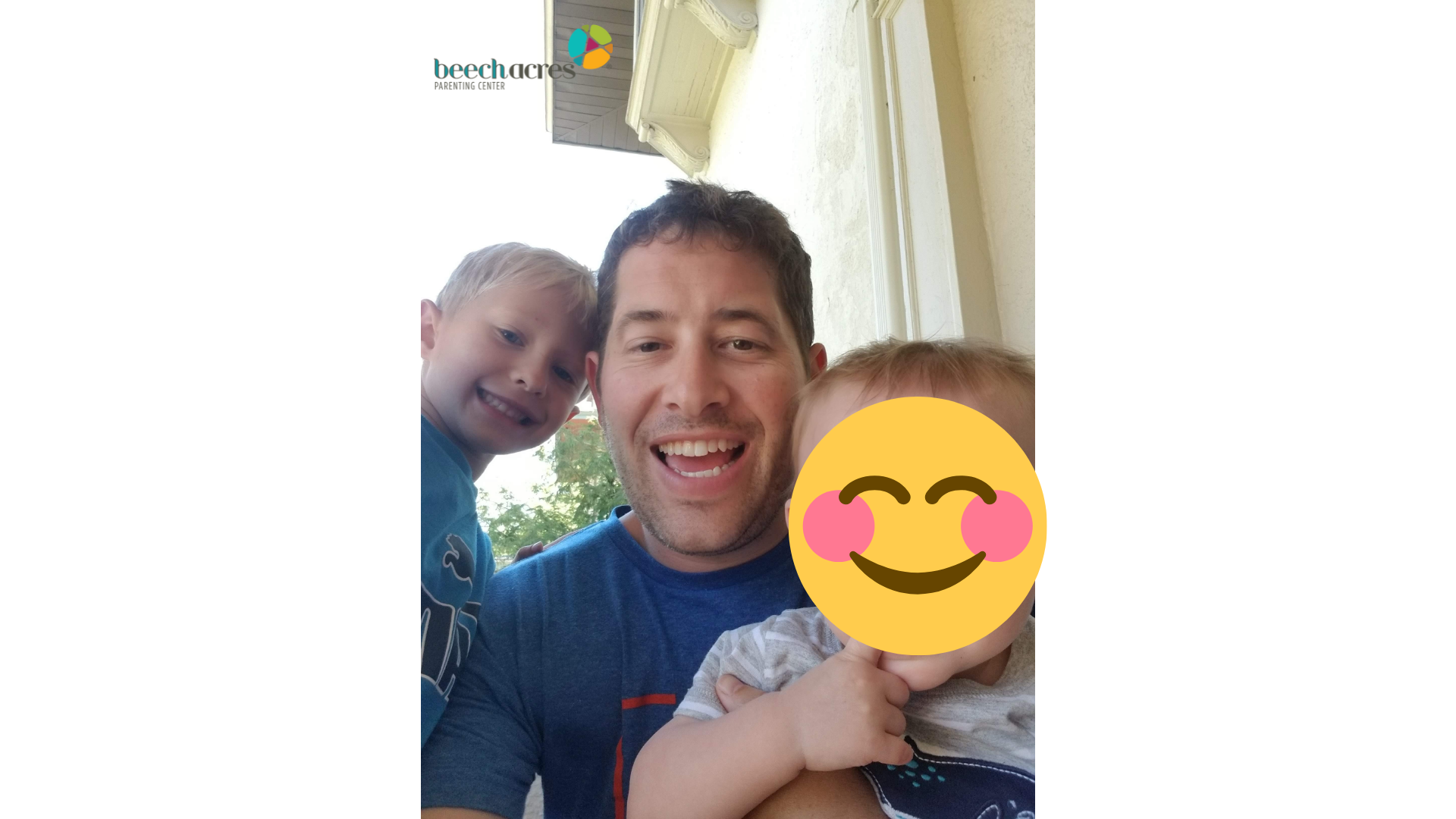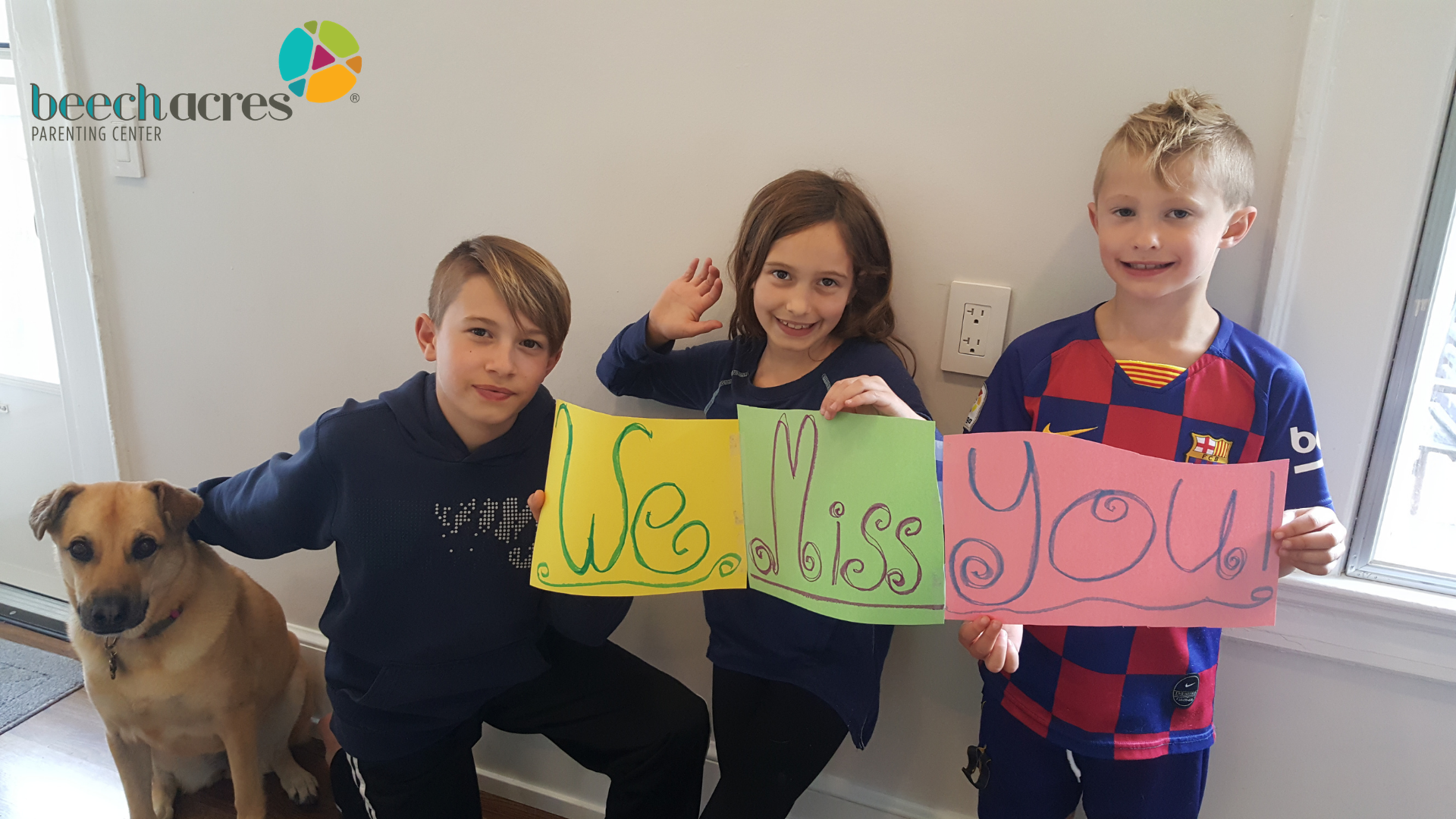One Family Shares Their Reunification Story

One Family Shares Their Reunification Story
One Family Shares Their Reunification Story
A Desire to Help Other Children and Families
As Shana and Max’s biological children grew, they sensed a need to help other children and families in our community. This led them to consider foster care through Beech Acres Parenting Center. “We saw how things like the opioid epidemic and poverty impacted families throughout our region and decided we were ready to actively try to make a positive impact ourselves. At the time we made this decision, our biological children were approximately 3, 6, and 9 years old. We felt that our family had the ability, the room, and the love to help children during a difficult time in their family’s journey,” Shana said.
Why Reunification is Important
While many people consider adoption as the ultimate resolution to foster care, the truth is, whenever possible, reunification with a child’s biological family is usually best if it’s in the best interest of the child. Shana and Max recognized this with the children they fostered and worked toward reunification. “There is a sense of belonging and connectedness that I’m sure we all crave, young children included,” Shana said. “We were able to develop connections with siblings of children that were in our home and it was truly amazing to see how much they all loved being together and how they cared for each other. All of the children that have been in our care have ended up either with a biological sibling in an adoptive home or in kinship care with family members (one soon to be adopted by an aunt and uncle). One thing that stands out to us, when addiction is present, is the importance of family support/kinship care. While 1-2 years might be a long time in a young child’s life, it is not long in the grand scheme of recovery from drug addiction, and the ability to reunite or place that child with a family member when possible to bridge that gap I believe helps both the children and their parents immensely.“
Communication and Love Lead to Reunification
A few years ago, Shana and Max welcomed a young man into their home. While the child’s parents worked through some struggles in their personal lives, Shana and Max and their biological children loved this young man as their own while supporting and encouraging the biological parents. “We made sure to support and encourage weekly visits. We tried to communicate as openly as possible and plan and pack to make the weekly visits as fun and stress-free as possible. We were able to set up email communication for updates and photos and to have open lines of communication with his mom regarding his health, growth, and development. We were able to connect with his siblings and meet up with them on occasion as well. And, ultimately, when the potential for kinship placement began to look like a reality we were able to openly communicate with his aunt and uncle to plan visits and help prepare him (and them) for the transition.” Shana recalled.
After about 14 months, the child was reunified with his family.
Thanks to strong communication, support, and love, they were able to maintain a relationship with the family and continue to love and support them. “Although he is nearly 1000 miles away, through the marvels of modern technology we are still able to stay in touch. His family has been great at sending us updates on how he is doing and sending pictures often. We send cards (homemade works of art from the kids) and messages on occasion to let them know that we’re thinking about them.”
“Beech Acres Parenting Center is a wonderful support,” Shana said. “From everyday things like transportation and help to find childcare to invaluable parenting resources and connections with other foster parents. Mandie was always able to answer our questions, keep us updated on the case, and generally guide us through the process.”
Make a Difference in Your Community
Shana and Max encourage anyone looking to make a difference in their community to consider foster care. “There is a tremendous need and there is something you can do to help. By opening up your home, you can give a child a safe and loving place where they can belong during a difficult time. Sometimes developing a relationship with biological families is difficult. We try to imagine what they are going through and try to be understanding of feelings that they might have. In the end, it is definitely worth the effort to see a family reunify and thrive and to know that you were a small part of it.”
This Reunification Month we ask you to consider making a difference in your community and the life of a vulnerable child in foster care. Learn more, begin your journey by starting training, consider respite care, or make a donation to support families like Shana and Max.


